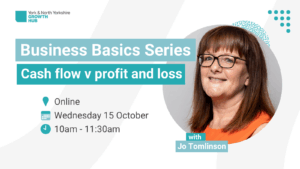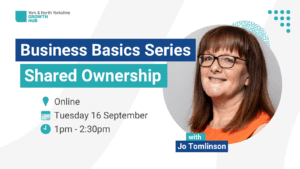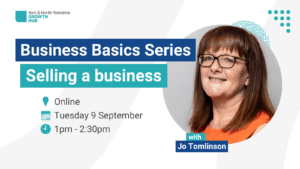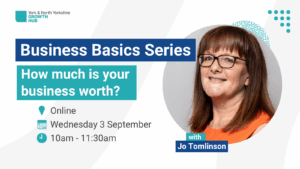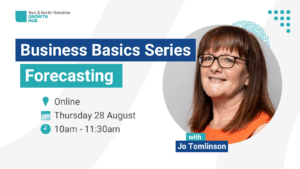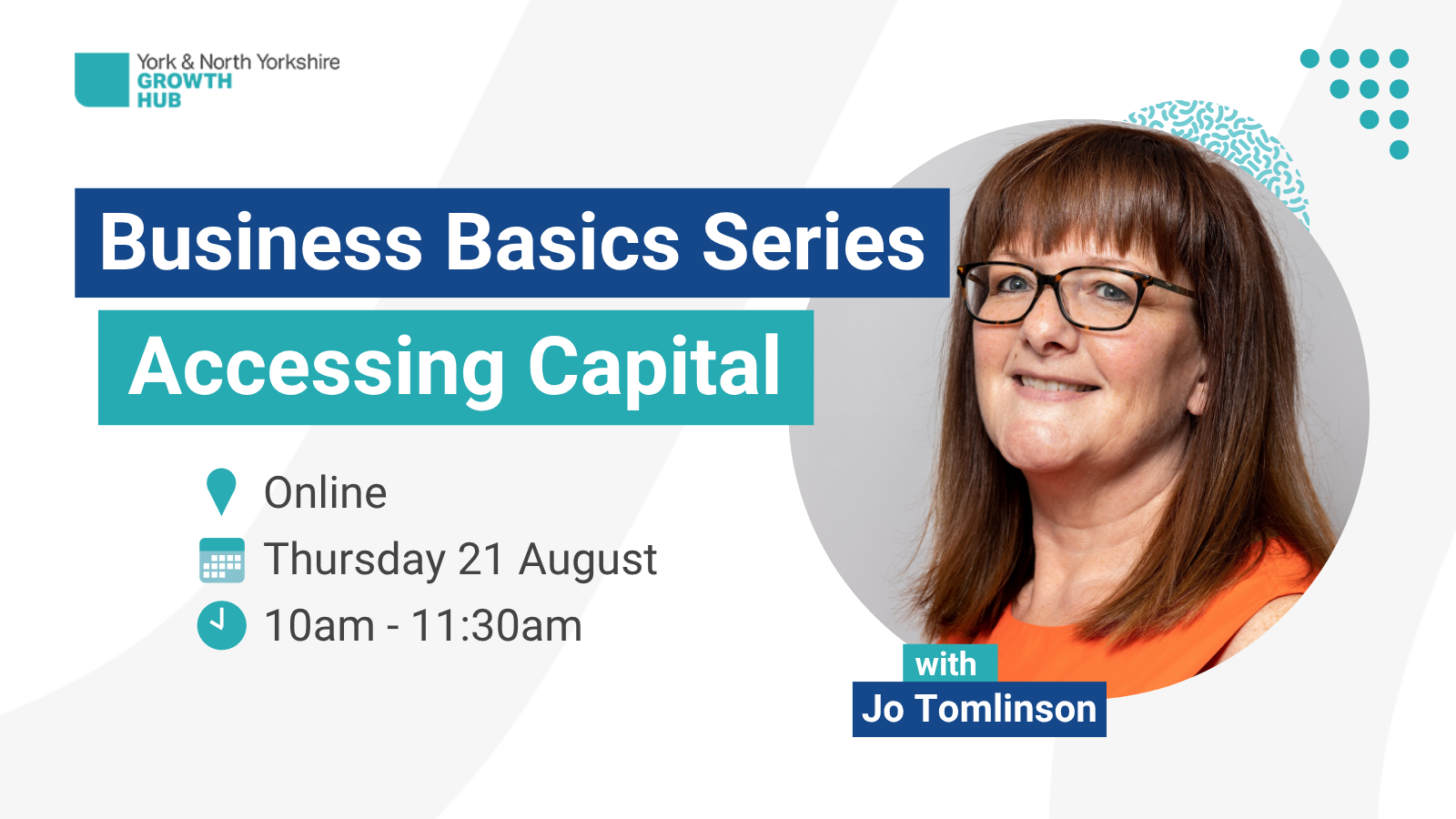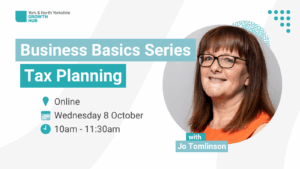What action can I take against debtors who refuse to pay what they owe?
Taking a systematic approach to debt collection is always beneficial. It’s important to have fixed processes in place, as failing to collect debts efficiently can lead to a multitude of problems for your business.
Issues such as increased bad debts, financial decline, or even cash flow insolvency and liquidation, can emerge when your business isn’t paid for the work you’ve carried out. Although this may seem like an impossible situation to resolve, you do have several potential paths available.

What can you do when debtors won’t pay?
Initially, you should consider whether your debtor is insolvent as they may be taking steps to enter a formal procedure, such as company administration or liquidation. In this case, the officeholder will contact you as a business creditor.
If not, here are some of your options when faced with a debtor who refuses to pay:
Debt collection agency
Placing the problem in the hands of a reputable debt collection agency offering a no collection, no fee arrangement can bring results. Using them to contact your debtor may lead to full settlement, but if it doesn’t, you can also instruct the debt collector to begin legal proceedings on your behalf.
If you want to preserve your trading partnership with the debtor, a formal demand letter may be enough to persuade them to pay, or at least acknowledge the debt so you can begin negotiations on repayment.
Formal demand letter
An official demand letter sets out the details of the outstanding debt. If your debtor acknowledges that the debt exists, you may be able to negotiate with them to repay in instalments over an extended period.
Money claim
The money claim service can be used to file a claim against debtors who live in England or Wales. Your debtor can make a counterclaim or file a defence. If they’ve been refusing to pay they may simply not respond. If the court makes a judgment in your favour, you can enforce it if it remains unpaid by instructing a bailiff service to seize assets, for example.
Statutory demand for payment
Sending a statutory demand for payment after the demand letter gives your debtor 21 days to pay the sum in total, or 18 days in which to ask the court to set aside the statutory demand.
They need to have strong evidence to support such an application – documentary evidence that the debt has already been paid, for example. You may be able to send a statutory demand if your debtor is an individual and owes £5,000 or more, or at least £750 if the debtor is another business.
Winding-up petition
On continued refusal to pay a statutory demand, you can apply to the court to wind up the business using a winding-up petition. If supported by the court, a winding-up order will be issued and the business will have to enter compulsory liquidation.
Considerations when taking action against a debtor
If your debtor has been consistently unreasonable over the money they owe, you may welcome the end of the trading relationship given the cost of chasing this type of debt. You might still value their business, and think they may pay at some point. In this case, a softer approach might be more successful in the long run.
In other circumstances, your only chance of recovering part of the debt might be by enforcement through the court. Ultimately, if you decide to proceed, acting quickly is always recommended. Your business can suffer serious cash flow issues if you have too many debtors who don’t pay on time.
Author details – Chris Bristow is a business debt expert at Real Business Rescue, company rescue, restructuring and liquidation specialists with a wealth of experience in supporting company directors in financial difficulty.
Autumn Budget 2025 – How will it impact your business?
The Autumn Budget, announced on 26 November 2025, introduced a range of changes that business owners need to be aware of. From updates to taxation and compliance rules, to adjustments in incentives and support schemes.
Risk and Resilience in Your Business
Running a business can be risky. There are so many things that can impact your performance, and profit. Potentially destroying all that you worked so hard to build. Some of these things are impossible to plan for, but lots of potential risks can be mitigated by identification and planning.
Business Basics – Cash Flow v Profit
Many small business owners can get confused when looking at numbers relating to their business, and often this is due to cash and profit being understood as one and the same thing. It is crucial to understand the difference between these two metrics so that decision making is not flawed.
Business Basics – Project Evaluation
Projects can be anything from taking on a new person, or launching a new product, to building a manufacturing site, or acquiring a business to merge with the current one. How you evaluate each project can vary depending on size and complexity. But undertaking the exercise leads to better decision making and control.
Building Resilience and Sustainability into your Farming Business
Resilience and sustainability lie at the heart of modern farm business strategies, ensuring that agricultural enterprises can withstand economic shocks, adapt to evolving environmental regulations, and maintain profitability amid climate volatility. By embedding sustainable practices, ranging from energy efficiency to regenerative soil management, farmers not only safeguard their livelihoods but also contribute to broader goals of food security and environmental stewardship.
Business Basics – Shared Ownership
Directors and shareholders of UK companies have many rights and responsibilities, but how do these change when you are one of a number of shareholders in a company?
Business Basics – Selling a Business or Shares in a Business
Being aware of your business's value enables you to determine a fair selling price for some or all of your shares and negotiate efficiently with prospective buyers. But where do you find a buyer for your shares, and what happens now?
Business Basics – How much is your Business Worth
Being aware of your business's value enables you to determine a fair selling price for some or all of your shares, negotiate efficiently with prospective buyers, and secure beneficial financing deals, among other advantages.
Business Basics - Forecasting
Although we don’t have a crystal ball, so forecasts are fundamentally informed guesses, businesses need to use them to make informed business decisions and develop business strategies.
Business Basics – Accessing Capital for Growth
Gaining access to outside investment means you don’t have to give up on your dream. So how do you prove to any potential investor that your business model is worth
Farm Diversification: Where to start
According to DEFRA, 71% of farm businesses in 2023/24 have some form of diversified activity, up from 61% in 2014/15. Income from these activities produced £1.393 billion in 23/24, up from £1.321 in the previous year. This demonstrates how important these income streams have become.
Business Basics – Making Tax Digital
Making Tax Digital (MTD) for Income Tax and Rental Income is the biggest change to Self-Assessment since it was launched by HMRC over 30 years ago.
Young Entrepreneur Guide
Do you have a business idea? Or do you want to work for yourself? Then the Young Entrepreneur Guide is here to help you!



